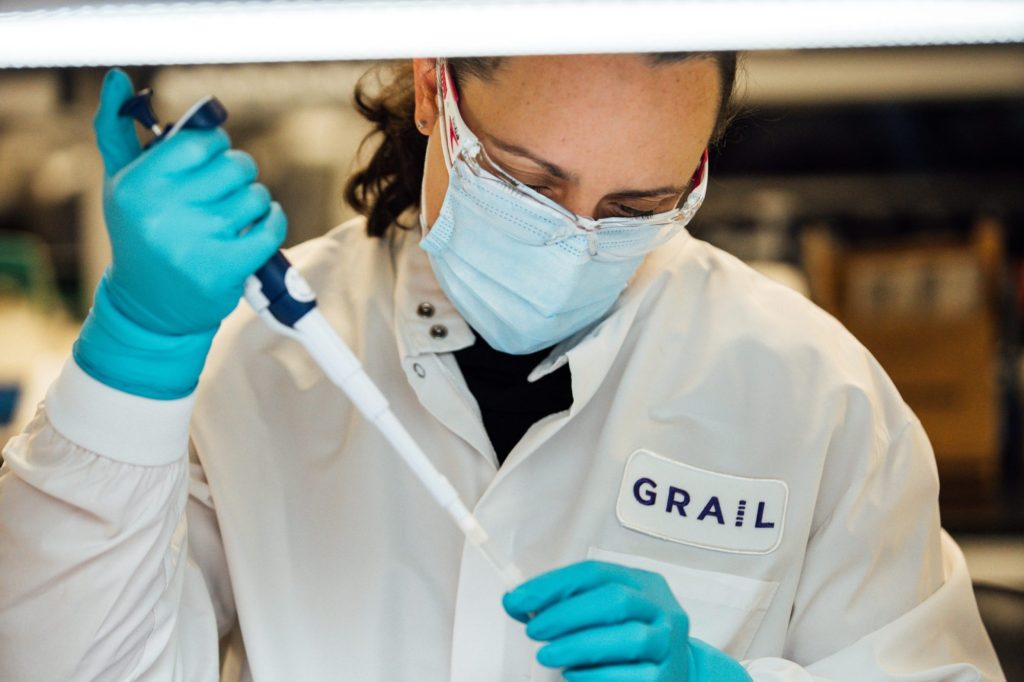Despite decades of effort in the war against cancer, screening tests are available for only five types of the disease, representing less than one-third of all cases.
What if one test could screen for dozens of cancers, using a single vial of blood?
Innovations in genetics and computing, which allow the detection of tiny fragments of genetic material shed by cancer cells with a “liquid biopsy,” or blood draw, are opening a new front in the battle.
“Cutting edge techniques serve as a window to detect cancer early, and get an idea of where the cancer is coming from,” said Dr. Ash Alizadeh, who leads the Cancer Genomics Program at Stanford Cancer Institute.
While the test has promise, there also is peril. For instance, there is not yet evidence that discovering bad news early will actually extend lives, according to Alizadeh and other experts at the recent Precision Medicine World Conference in Santa Clara. And the test could do harm, they add, if people are treated for cancers that would never have otherwise bothered them.
One company is already marketing its blood test, and other tests are in the pipeline. As part of President Joe Biden’s Cancer Moonshot, the National Cancer Institute plans to assess the value of such tests. It will conduct a $75 million, four-year study of 24,000 people. Based on those results, it may expand the trial to 225,000 volunteers.
Currently, there are no screening tests for lethal cancers of the pancreas, ovaries, stomach and other organs. Screening tests are only available for breast, cervical, colorectal and lung cancers, with prostate screening recommended on an individualized basis. A different test is needed for each type of cancer.
Current forms of cancer screening look for abnormal cells or lumps of solid tissue. For instance, breast and lung cancers are detected using X-rays. Cervical cancer is found by sampling cells. Screening for colon cancer uses a colonoscopy or stool test to look for polyps. When testing for…
Read the full article here







